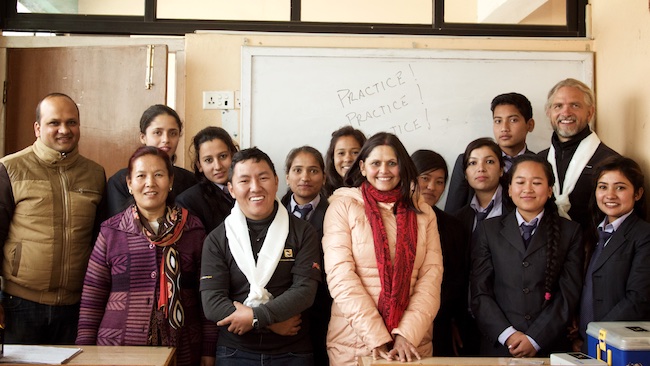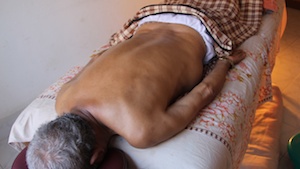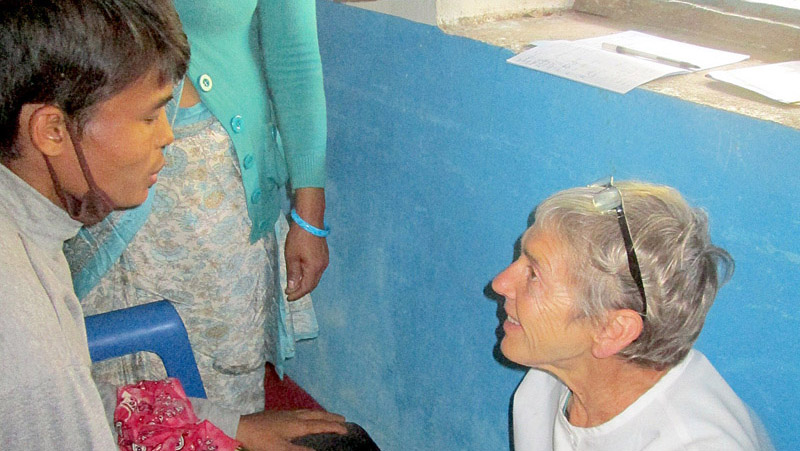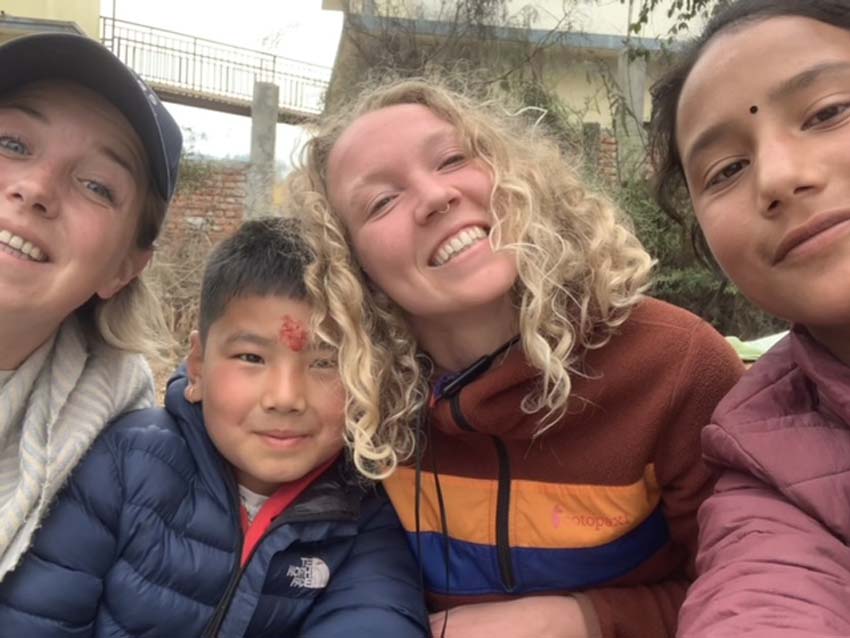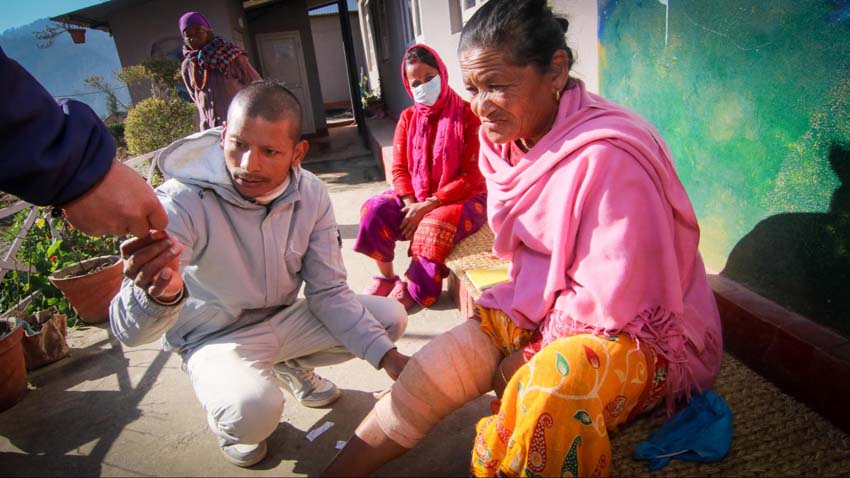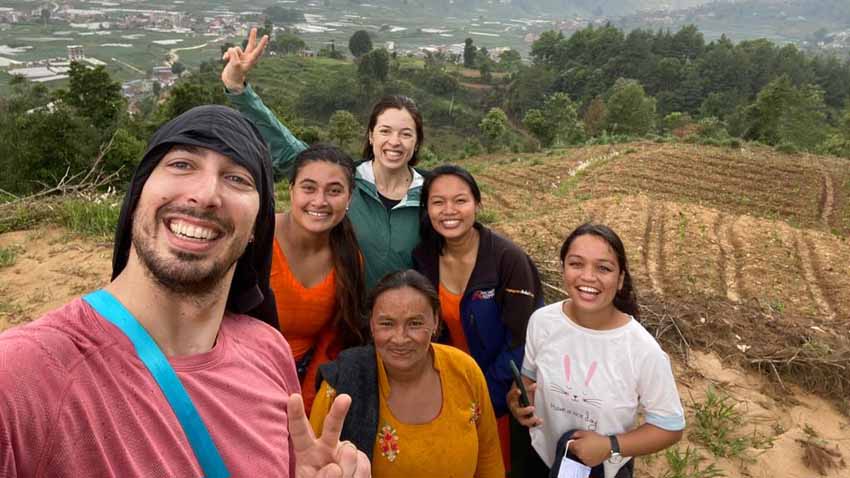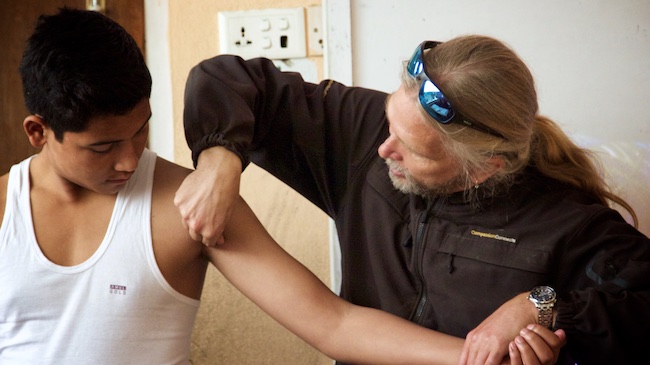
In 2013, Acupuncture Relief Project established a partnership with the Rural Health and Education Service Center (RHESC). This mutually beneficial partnership is providing the school with experienced guidance. ARP’s director, Andrew Schlabach, serves on the board of directors for RHESC. He is working to strengthen the curriculum with the hope of eventually creating a fully accredited Bachelor’s degree program. This partnership will provide ARP with the Nepali-educated workforce to staff the integrative health clinics on a year-round basis.
There are three pillars that are critical to the establishment of a health profession in Nepal: cooperation from the Health Professionals Council, a school to offer adequate training and a Bachelor’s program to offer the corresponding degree. ARP successfully petitioned the Health Professionals Council in an initial attempt to pave the way to professional licensure for acupuncture in Nepal. In 2013, RHESC, located in Kathmandu, became Nepal’s first acupuncture university. The current program offered is at a certificate-level and is accredited by the Vocational Education Department.
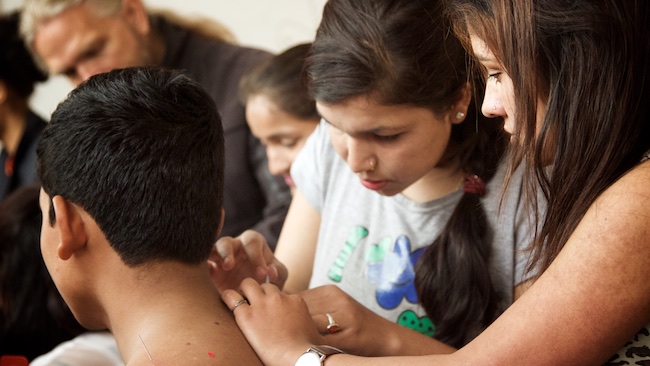
The clinics in Bhimphedi and Bajra Barahi host student interns from RHESC who are in their final year of school. During the upcoming year, ARP plans to host four graduates who will begin their three-year residency, the completion of which will qualify them to work at one of ARP’s clinics.
It is our hope that RHESC graduates will choose to work in ARP’s clinics year-round, as well as in other remote villages in need of properly trained, integrative healthcare practitioners.
